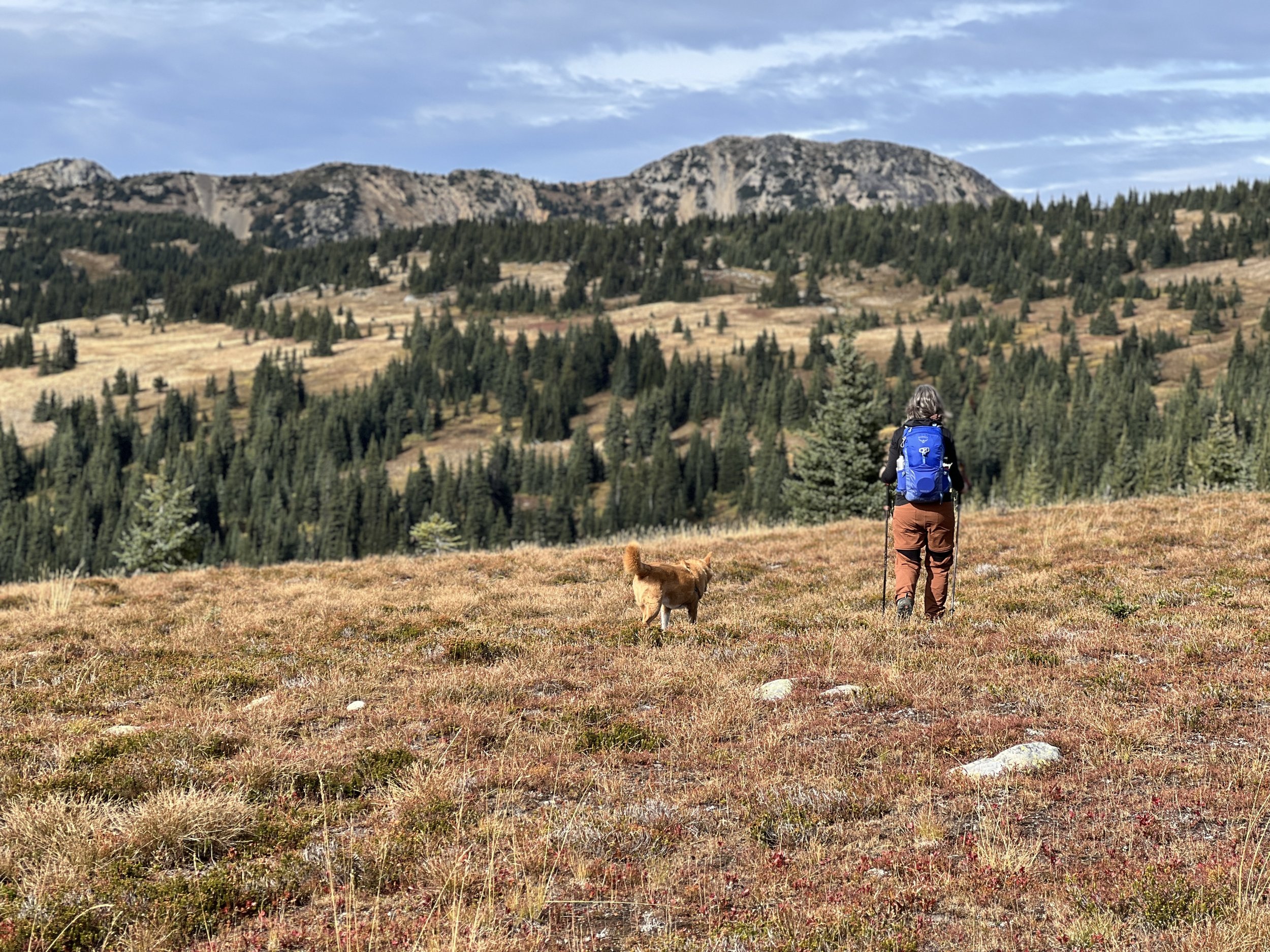The View from Canada
Sometimes it’s helpful to look at what we know (or think we know) from a different perspective—where up is down, down is up, and the boundaries are blurred. Thus my travels in British Columbia last week, first for a spirited gathering of mesocarnivore biologists at “Weaselfest” (Best. Name. Ever.), and then an annual conference on regional habitat connectivity, called “Cascadia Connects.” Both meetings provided a lot of food for thought, only a few morsels of which I’ve begun to digest.
In my conservation work for carnivores, for example, I’ve observed that maps depicting habitat often hit a blank wall at the U.S.-Canada border, with our expansive neighbor to the north masked by a featureless blanket of white. Technically speaking, this phenomenon is an artifact of incompatible data layers used to create maps in our respective countries. But symbolically, I think it mirrors our tendency to miss the transboundary forest for the trees.
Nowhere was this tendency made more obvious to me than in the wilderness of B.C.’s Manning Provincial Park. Prior to Cascadia Connects, my husband (Robert) and I took a high-elevation hike that brought us to a meadow turned scarlet with huckleberries, affording us a wide open view of the wildlands to the south.
From that meadow, my eyes could travel the ancient peaks and valleys, the glacier-fed streams, the emerald sea of treetops, all the way to our study area for wolverines and Canada lynx in the U.S. North Cascades—whose familiar summits and spires called to me like far away friends.
Standing there, how could I not imagine the lynx and the wolverines, the wolves and the other wild wanderers who roam their vast homeland without an ounce of concern for our geopolitical lines, or the stories we create about how our own species has dominion over theirs.
And I wondered:
What if we could erase all those lines and divisive stories and see but one forest, one future, with room enough for us all?


